
As organizations rapidly deploy generative Artificial Intelligence (AI) tools, many companies expect significant effects on their industries and workforces.
The latest annual McKinsey Global Survey on the current state of AI confirms the explosive growth of generative AI (gen AI) tools. Less than a year after many of these tools debuted, one-third of the McKinsey survey respondents say their organizations are using gen AI regularly in at least one business function. Amid recent advances, AI has risen from a topic relegated to tech employees to a focus of company leaders: nearly one-quarter of surveyed C-suite executives say they are personally using gen AI tools for work, and more than one-quarter of respondents from companies using AI say gen AI is already on their boards’ agendas.
What’s more, 40% of respondents say their organizations will increase their investment in AI overall because of advances in gen AI. The findings show that these are still early days for managing gen AI–related risks, with less than half of respondents reporting that their organizations are mitigating even the risk they consider most relevant: inaccuracy.
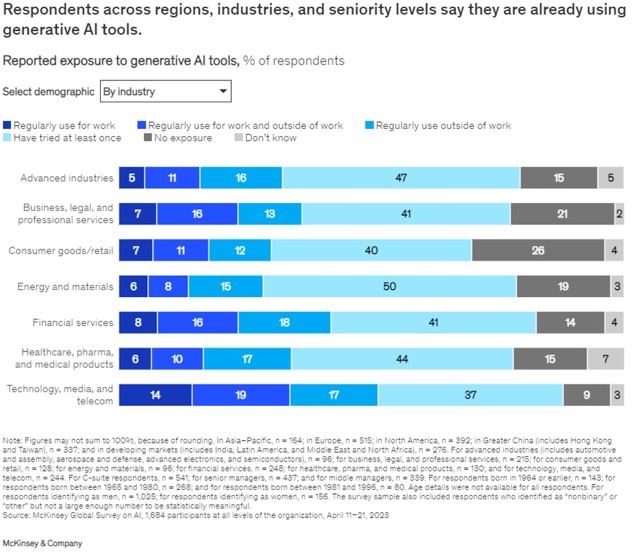
Darrell West, Senior Fellow, Governance Studies at the Brookings Institution, states that AI is likely to flatten many organizations due to its ability to automate work activities. Right now, most organizations have entry-level people who perform routine tasks, midlevel individuals who supervise them, and high-level employees who set the direction of the organization. That organizational structure will no longer be necessary. AI can automate many of the tasks performed by entry-level workers. Accounting features, purchase orders, and job requisitions are already being automated. Workplaces no longer need people who manually compile or analyze information.
As generative AI becomes more widely deployed, even more tasks will be automated. In addition, job supervision and assessment won’t need as much human oversight. Customers can rate employees on how well they perform basic tasks and allow people to get the services they want. Using data analytics and AI, companies can use the responses to weed out low-performing workers and reward their top individuals. The end result will be fewer layers of management and a smaller number of employees overall in the organization.
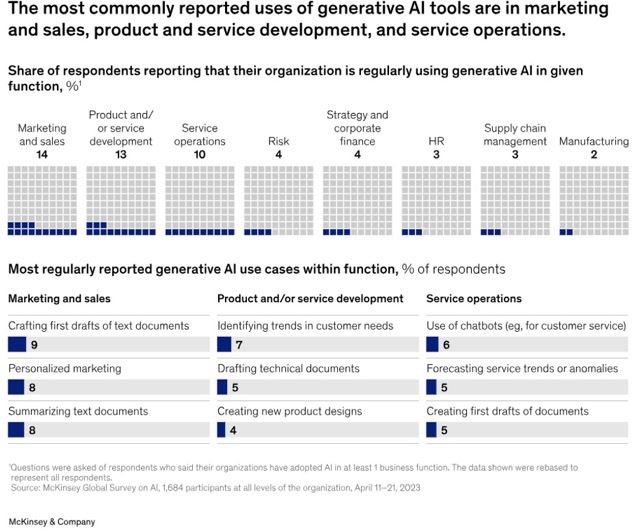
Image Source: McKinsey Global Survey on the current state of AI
Michael Chui, Partner, McKinsey Global Institute, states that there are some gen AI applications where the potential to have transformative impact really comes to the fore. For example, in research and development, some experiments using generative AI to support writing software code have shown very high levels of increasing productivity. But that doesn’t mean we’ll need a lot fewer software engineers, because the world needs more software. Generative AI also has the potential for improving the productivity of contact centers. Technologies that automate interactions with customers already exist. Generative AI has the potential for making these interactions feel much more natural.
Alexandra Samuel, digital-workplace speaker and co-author of “Remote, Inc.” states that as AI takes over routine tasks, there will be a temptation to cut the whole tier of entry-level employees. Summarizing documents, answering routine emails, writing basic computer code, and solving simple logistical challenges are all tasks that AIs can do about as well as an inexperienced human, and at much lower cost. But employers still need an on ramp for new hires. If you stop hiring entry-level employees, you’ll have to do all your midlevel hiring from outside the organization. And if every organization pares back on entry-level hires; it will get harder and harder to find experienced mid career talent anywhere.
That’s why it pays to cultivate your own long-term talent pool by hiring green employees, but rethinking how they are tasked and trained. Instead of piling your juniors with grunt work and trusting that they’ll learn through observation, assign them more challenging tasks, like drafting reports instead of just summarizing them. The explosion in AI research and writing tools means that kind of work is now well within the grasp of inexperienced hires. With more active coaching and mentoring, these green employees can grow into valuable colleagues, much more quickly.
###
Trevor Cobain is the Senior Business Development Manager for Alta IT Services. He has over 20 years experience providing niche talent opportunities to his clients.

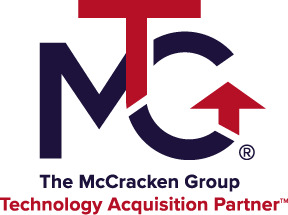

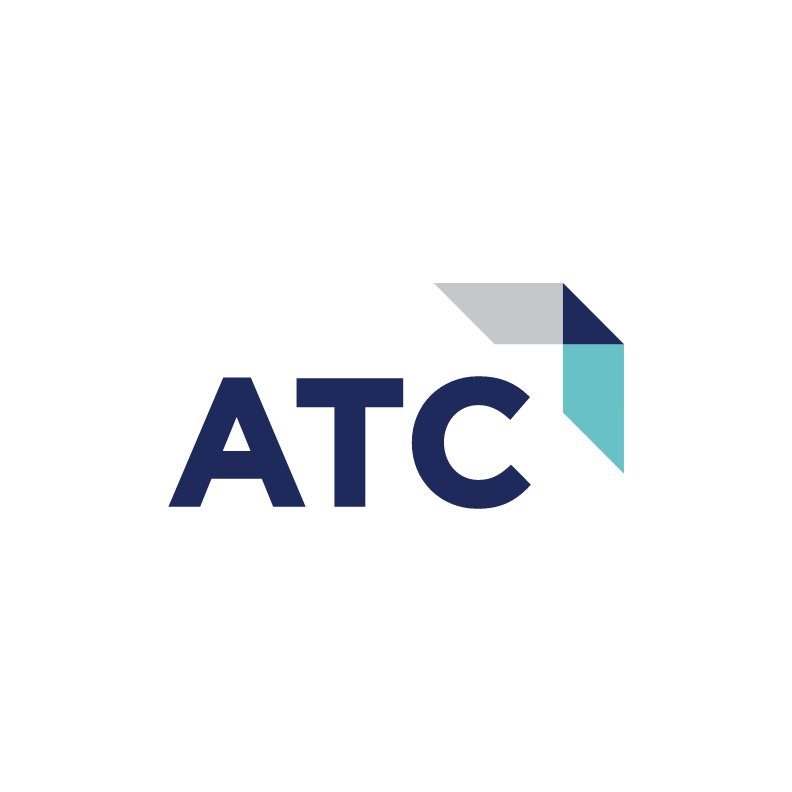



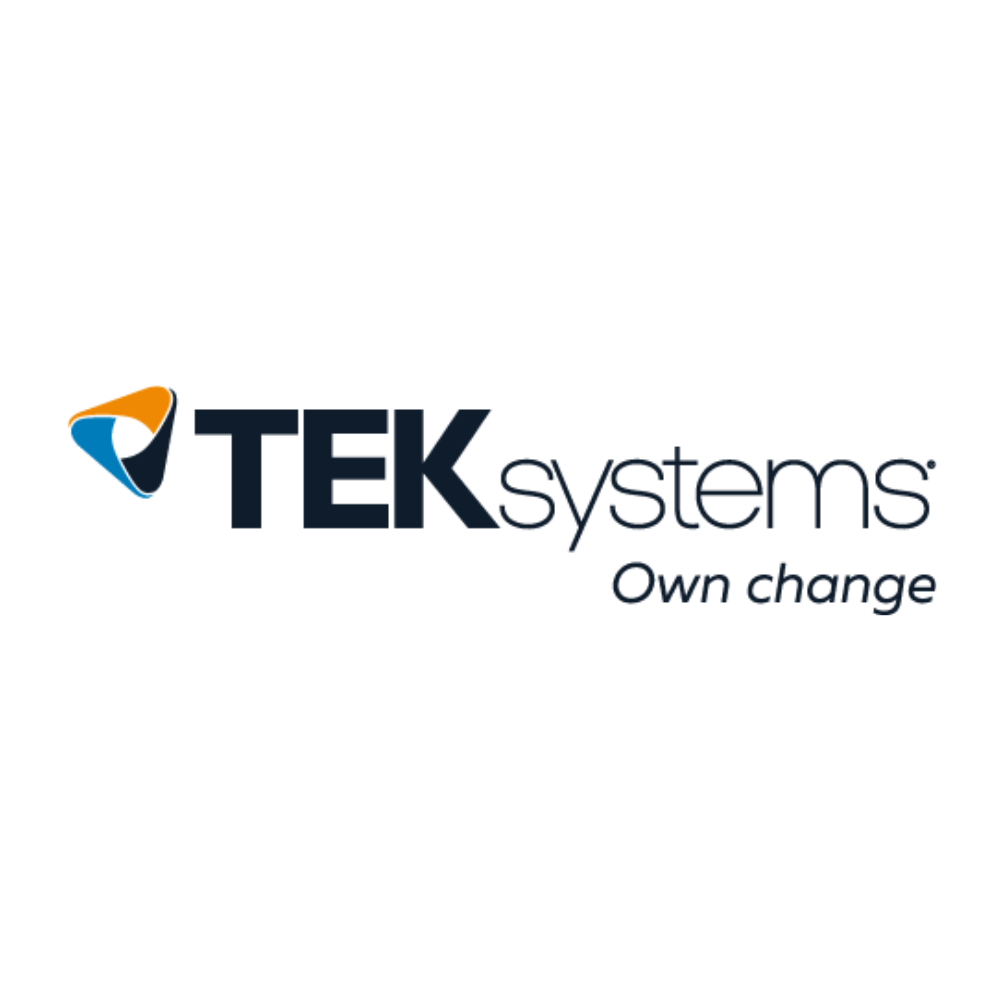
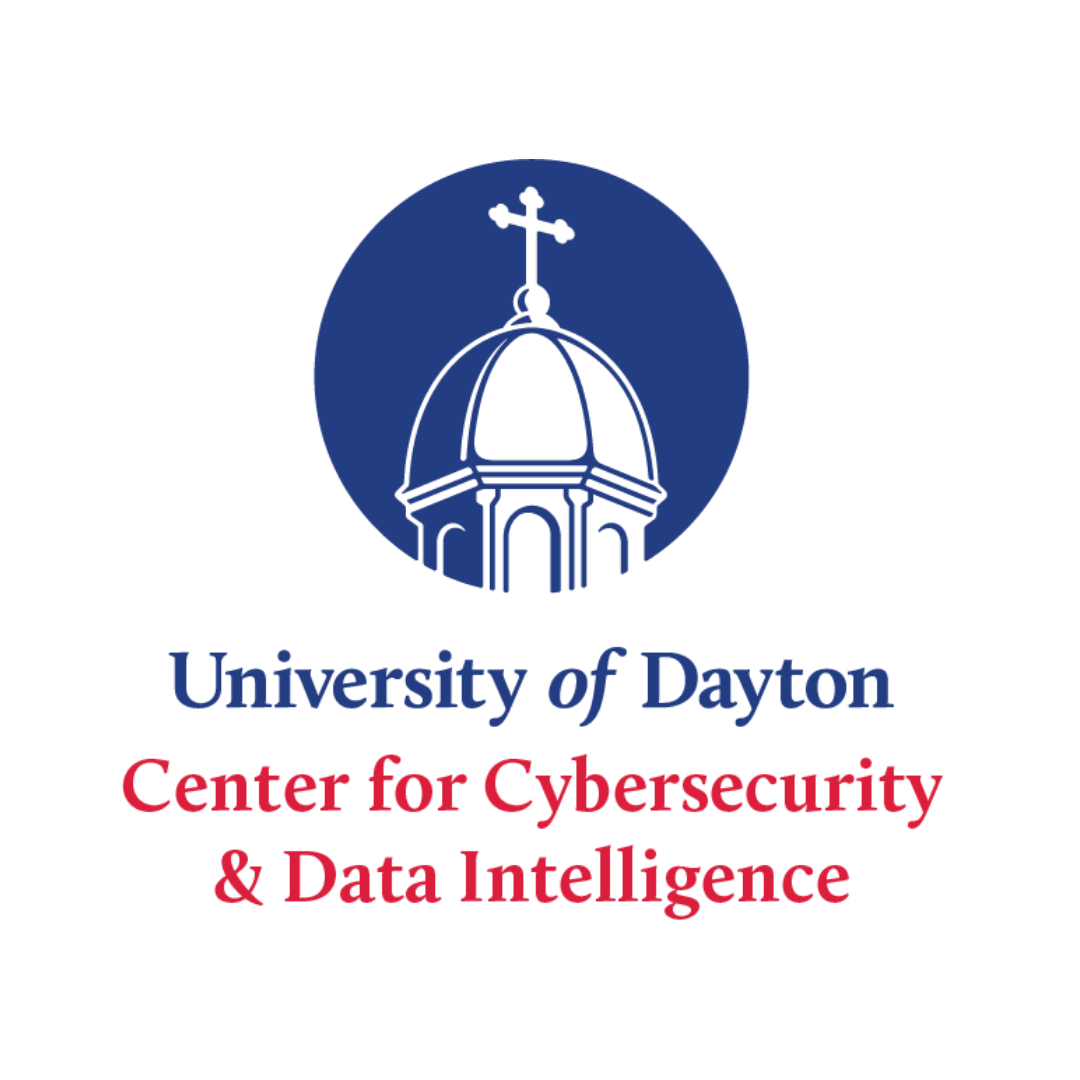
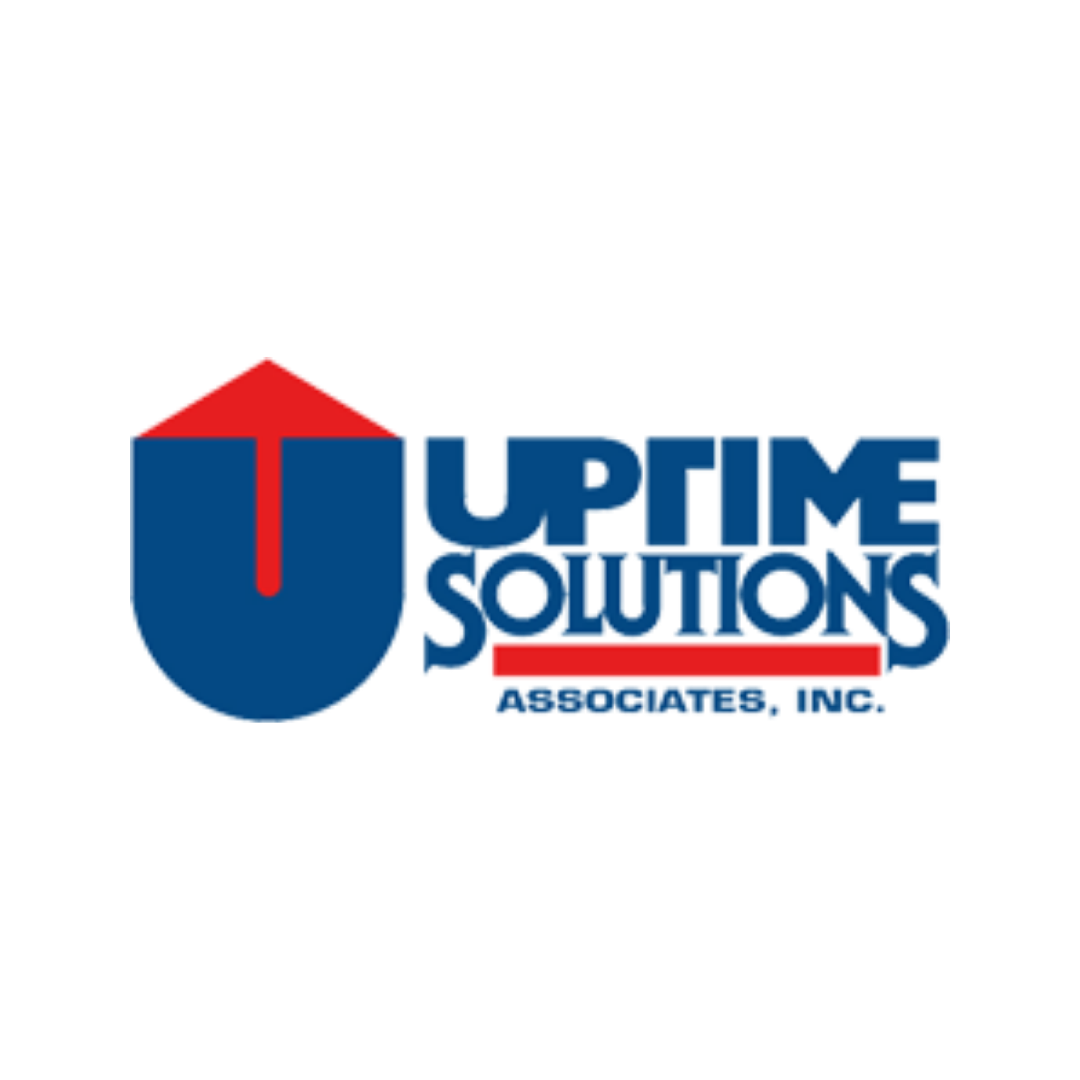




.png)


